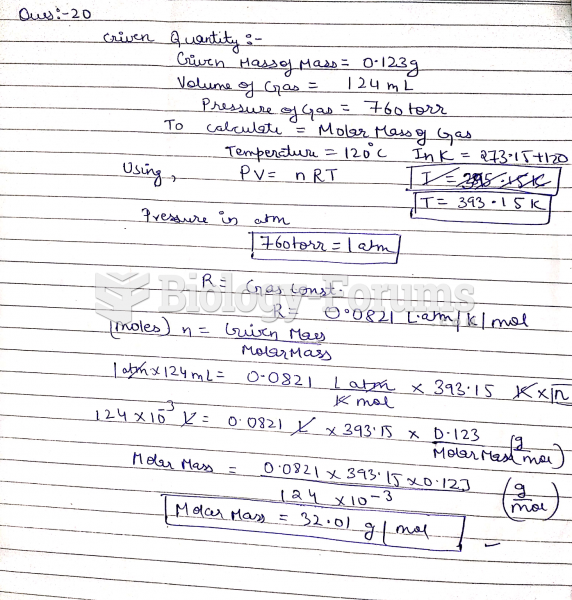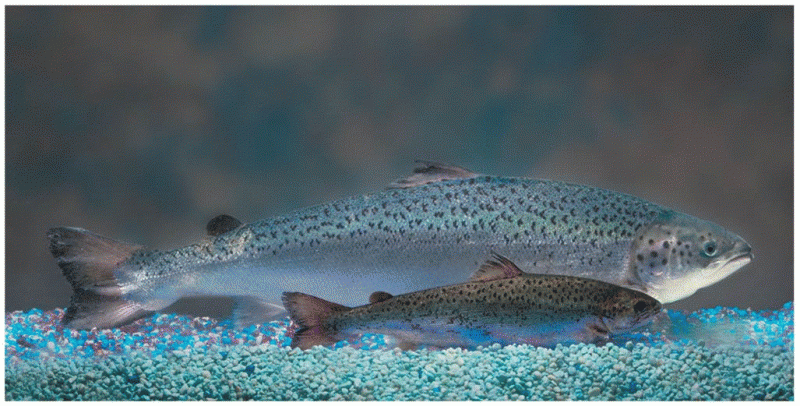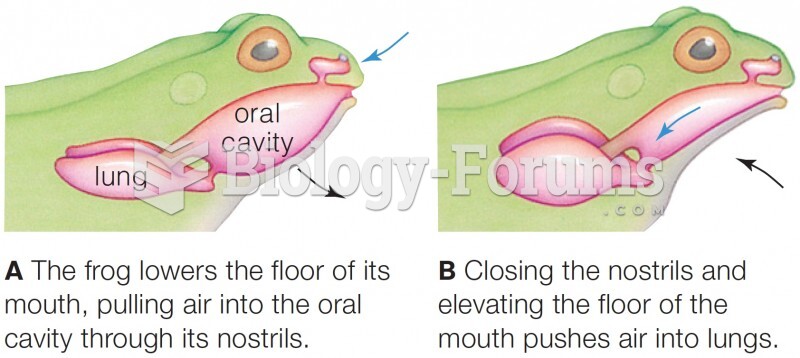|
|
|
Did you know?
Limit intake of red meat and dairy products made with whole milk. Choose skim milk, low-fat or fat-free dairy products. Limit fried food. Use healthy oils when cooking.
Did you know?
Women are 50% to 75% more likely than men to experience an adverse drug reaction.
Did you know?
In 1864, the first barbiturate (barbituric acid) was synthesized.
Did you know?
Recent studies have shown that the number of medication errors increases in relation to the number of orders that are verified per pharmacist, per work shift.
Did you know?
Asthma cases in Americans are about 75% higher today than they were in 1980.







